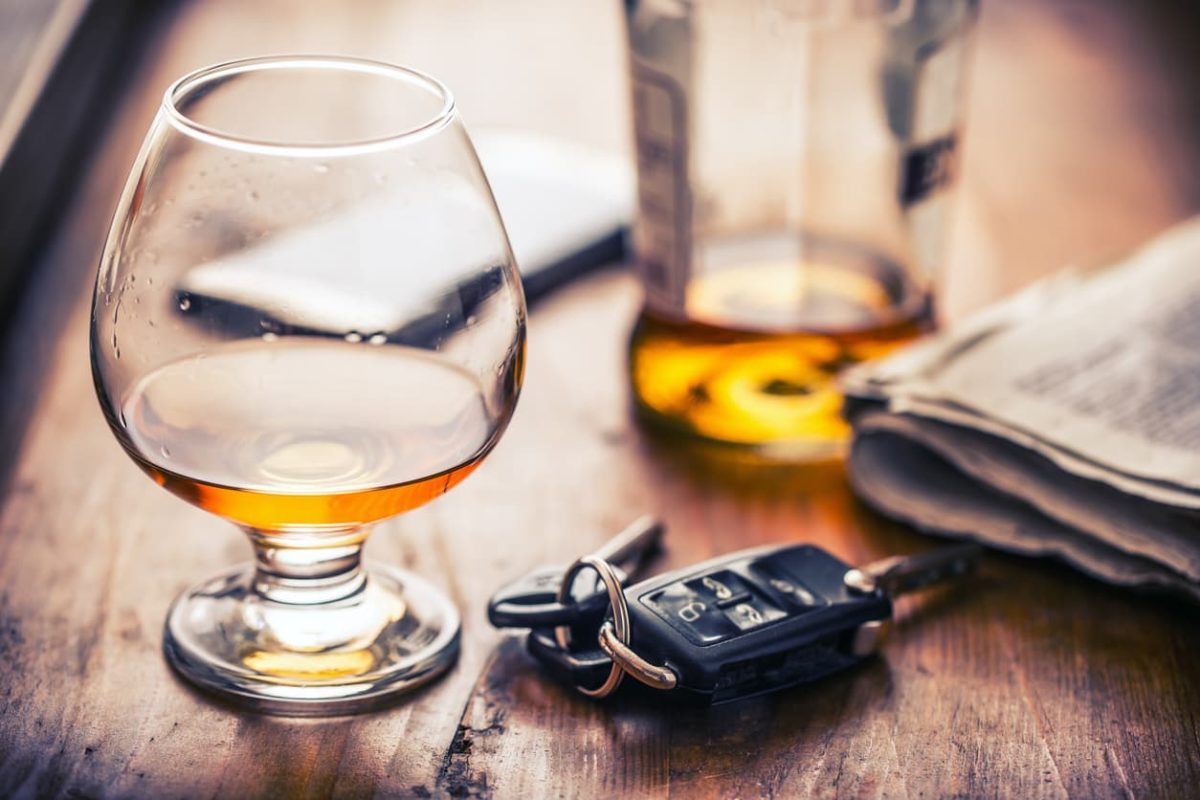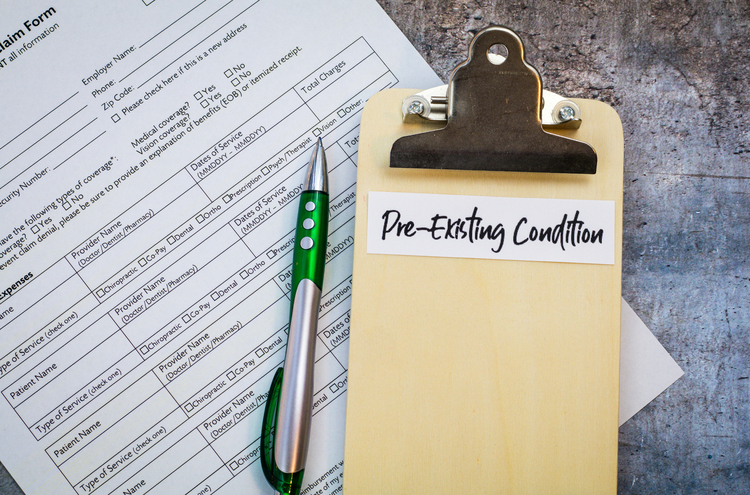
If you or a loved one have been injured by someone’s negligence, you may be entitled to damages.
There are multiple types of damages that you could recover. Economic damages compensate you for the financial losses. Non-economic damages compensate you for the emotional losses and trauma. Wrongful death damages help family members recover financially from the loss of their loved one.
Punitive damages are different from these other damages, as they are intended as a legal punishment for the negligent party, rather than recovery for the victim.
An experienced personal injury lawyer at Langdon & Emison can help you determine if punitive damages may be warranted for your case. Call us today at 866.931.2115 to schedule a no-obligation consultation. We will help you determine how much your case is worth.
What are punitive damages?
Punitive damages are a form of legal damages in civil court cases. Where other compensatory damages are determined based on the victim’s losses, punitive damages focus on the negligent party’s offenses.
Punitive damages are a punishment for defendants when the court believes that compensatory damages are insufficient punishment for their negligent actions. In cases where the defendant was reckless, criminally negligent, or malicious in their intent, a court may rule that they pay punitive damages as well as compensatory damages.
Punitive damages are also an exemplary form of damages that set an example. Courts will use punitive damages to deter others from committing the same act in the future.
How are punitive damages awarded?
Punitive damages are awarded with compensatory damages. They can never be awarded on their own. This is because compensatory damages are awarded when negligence is proven. Without this proof, punitive damages do not apply.
The court will determine if punitive damages should be awarded in a given case. This is determined based on the negligence and maliciousness of the defendant’s actions that caused the accident. If punitive damages are deemed necessary, then the court will set the amount of punitive damages that must be paid based on the severity of the defendant’s actions.
For example, murder would warrant a larger punitive damage sum than not obeying road laws.
Punitive damages are given in excess of the plaintiff’s recovered compensatory damages. In some states, these damages are capped at a certain figure.
In others, such as Georgia, punitive damages for certain types of negligence, like product liability, must be paid in part to the local government body.
Situations Where Punitive Damages May Be Awarded
Every personal injury case is different. It is up to the courts to determine when punitive damages should be awarded. However, there are some types of negligent acts that routinely result in punitive damages being awarded.
Medical Malpractice
Not all medical malpractice personal injury cases will result in punitive damages being awarded. Extreme negligence must be present to justify awarding punitive damages to the plaintiff. The definition of “extreme negligence” varies from court to court.
Some instances that may result in punitive damages being awarded in a medical malpractice case are:
- A doctor performs the wrong surgery on a patient
- A doctor leaves a surgical instrument in a patient’s body
- A doctor knowingly kills a patient through overdose of medication or lack of medical treatment
- A doctor is drunk during surgery and injures the patient
Drunk Driving
Driving while impaired shows a disregard for the law and endangers fellow drivers. In most cases, drunk driving that causes a personal injury will require punitive damages to be paid by the defendant.
Not only is drunk driving especially reckless, but it is criminally negligent and can be tried in criminal court. The courts want to deter other drivers from making a similar decision and to prevent future accidents, so they are likely to award punitive damages in these personal injury cases.
Product Liability
Consumers trust the products that they purchase to do what they say and not cause undue harm. However, many manufacturers do not live up to this expectation. They put products on the market with fraudulent claims, harmful side effects, or faulty functionality.
Anything from pills that interact with other medication or cause harmful side effects, to faulty table saws, to highly flammable children’s clothing can warrant the plaintiff being awarded punitive damages in a court case.
Other Possible Cases
- Driver speeding excessively, especially in a construction or school zone
- Drawing a firearm in a crowded area
- Murder or attempted murder
If you suffered an injury due to a third party’s negligence in another type of case, contact Langdon & Emison to see if your lawsuit could result in punitive damages being awarded.
Hire a Lawyer to Collect Punitive Damages
Most plaintiffs never make it to court when they represent themselves, as they are bullied into accepting a small settlement from the insurance company. Some don’t know any better than to accept the insurance company’s first offer.
Since punitive damages can only be awarded by the courts, these plaintiffs are leaving money on the table and aren’t helping to prevent future negligent acts.
At Langdon & Emison, we believe that punitive damages should be awarded in every criminally negligent or malicious case to help keep our society safe. This is why we fight for our clients to receive the maximum compensation. You recovering more damages dissuades more individuals from making the same negligent choice in the future.
Call Langdon & Emison today at 866.931.2115 for a free consultation.


